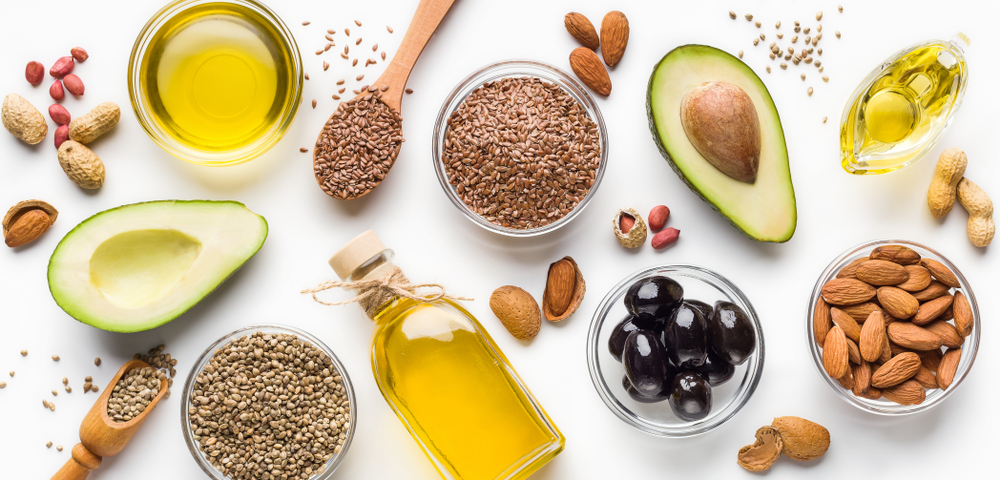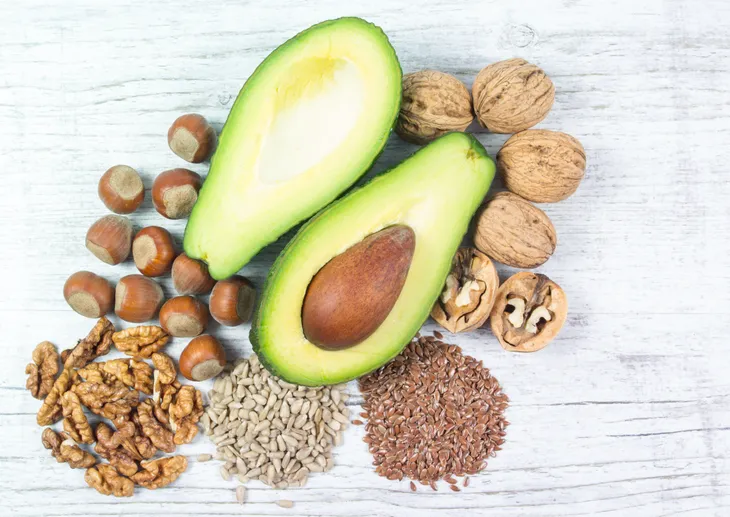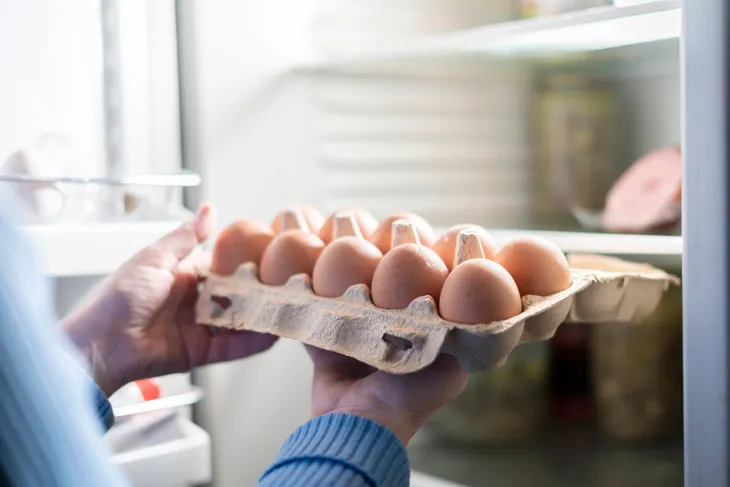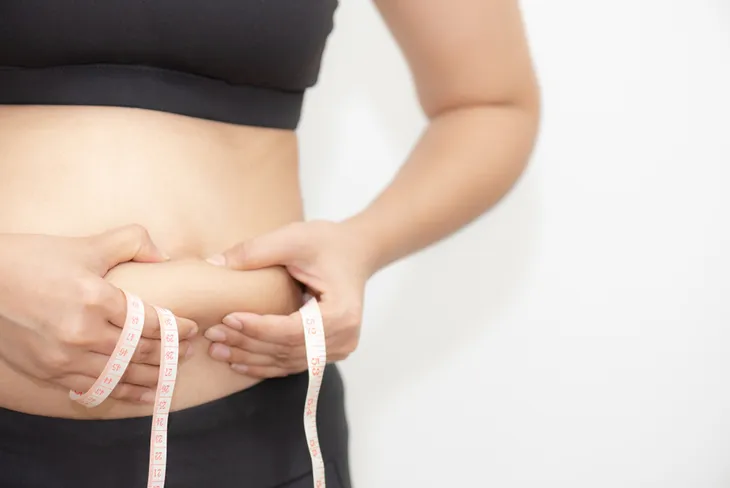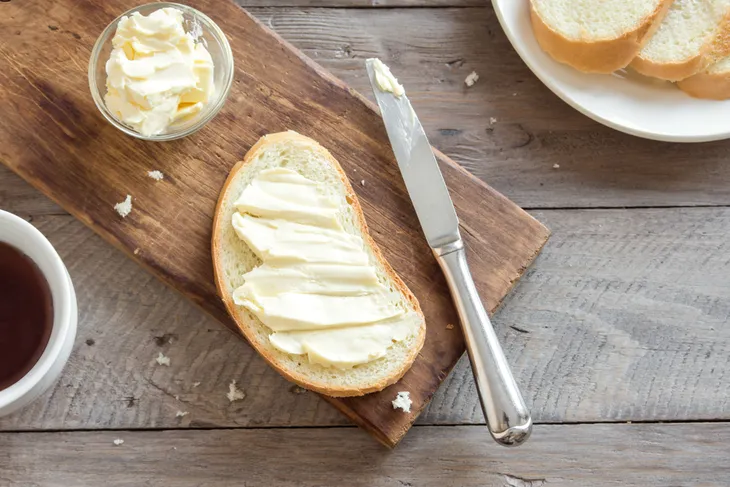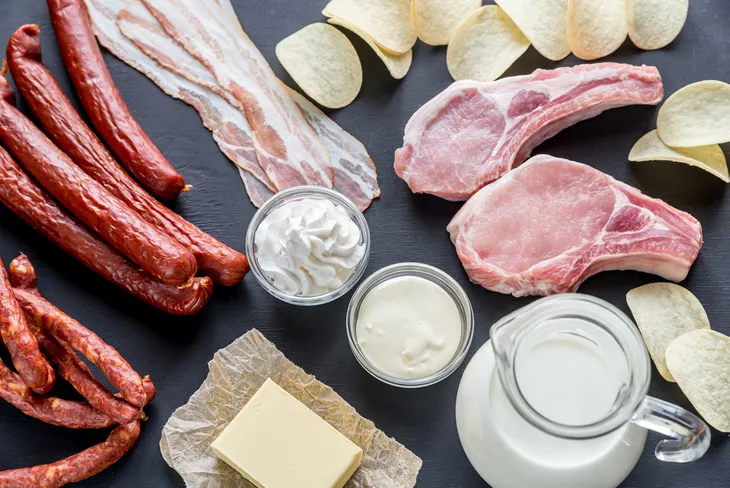Fat gets a bad rap. You likely know by now that fats come in a few categories—good vs. bad fats, and saturated vs. unsaturated vs. Trans vs. monounsaturated varieties. In reality, fat has long shed its evil reputation in the rise of health experts touting the good in foods like avocado and coconut oil. However, with fat making a comeback, it can often go the other extreme and lead to a whole lot of BIG fat lies (or myths).
Let’s expose some hard, cold myths about incorporating fat into your diet…
Put a Limit on Fats—Even Healthy Fats
A lot of talk about heart-healthy olive oil and suddenly too much of a good thing can turn into, well, a bad health habit. Sure, olive oil provides a healthy and cardiovascular supportive monounsaturated type fat. However, eating too much of it can still lead to weight gain.
In the end, the old moderation principle is key. For example, the body requires a good assortment of all types of healthy fats to protect the heart, skin, hair, and prevent disease—that includes essential fatty acids from foods like fatty fish, raw nuts and seeds, avocadoes, and healthy oils, like olive oils. Trans fats (i.e., processed and deed fried foods) are the biggest heart no-no.
Eggs are Good for Your Basket
Eggs, are they good or bad? Many folks assume the yolks in eggs lead to soaring blood cholesterol levels due to the fact that they contain a lot of cholesterol. However, that’s a myth that needs to be cracked for good. Not all cholesterol is created equal.
If you shy away from whole eggs because you believe eating eggs (including the yolks) will increase your blood cholesterol, take the revised U.S. Dietary Guidelines Advice Committee to heart. The committee calls whole eggs (with the yolks) a “protein powerhouse” that contains the brain-boosting neurotransmitter, choine (specifically in the yolks), which you lose out on if you’re just eating egg whites.
Fat = Fat
Most of us know enough about nutrition to realize that fats are not all created equally. There are both good and bad fats, which means that eating fat doesn’t necessarily make folks fat. In fact, a diet that incorporates healthy fats can actually help you lose weight.
According to Registered Dietitian and author of the book, Anti-Inflammatory Eating Made Easy, Michelle Babb, even though fat contains more calories per gram compared to protein- and carb-rich foods—eating healthy fats as part of a balanced diet triggers the production of satiety hormones, which keep you full after meals and prevent overeating and binge snacking between meals.
A Little Dab of Butter Will Do…
If you like a tiny smear of butter on your whole grain bagel or toast, you still get the thumbs up for good dietary practices, according to a study featured in the American Journal of Clinical Nutrition. They claim a bit of butter in your diet won’t hurt.
However, the same study points out that how much butter matters. For instance, a smear of butter daily might not harm your heart, but soaking your toast, vegetables, sandwiches, and coffee with huge dollops of the golden spread will certainly lead to weight gain and associated health issues.
A Moderate Approach to Saturated Fat
For decades science has agreed that too much saturated fat in a diet will inevitably lead to clogged arteries and a heart attack. However, emerging research, including one notable study from the journal, Annals of Internal Medicine, found little proof that saturated fats raised the risk of a heart attack.
That doesn’t mean that saturated fat is suddenly a health food. Quite the opposite actually. Like everything else, saturated fat is getting the “moderation is key” health disclaimer when applied to how much cheese, butter, and red meat we should be eating.
